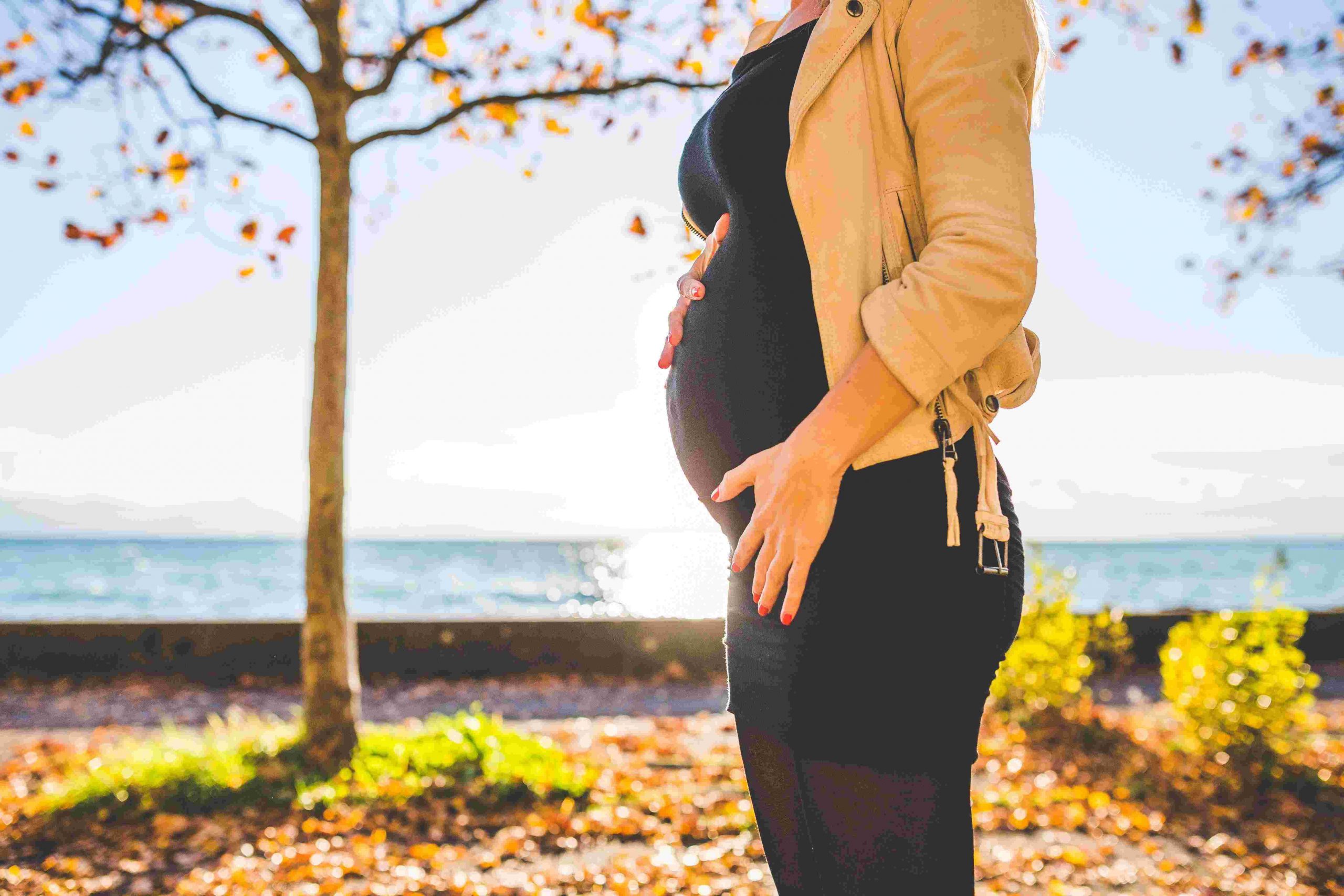Viral and bacterial infections can be devastating for many people. Infections that happen either before or during pregnancy can affect both the mother and the developing baby. It can lead to severe disease, congenital issues, and lifelong disabilities, including learning disabilities and hearing loss.
Therefore, pregnant women should take precautions. Here are ten essential tips to reduce the risk of infection during pregnancy.
Practice regular handwashing
Proper handwashing is one of the most powerful methods to break the chain of infection. Health Hub recommends washing hands for a minimum of thirty seconds with water and soap.
Pregnant Women should especially wash their hands after the following:
- Using the toilet
- Eating
- Preparing food
- Touching raw eggs, raw meat or unwashed vegetables
- Touching soil or dirt
- Touching pets
- Being around sick people
- Playing with and caring for children
- Changing diapers
Decrease contact with urine and saliva from babies and young kids
Cytomegalovirus or CMV is one of the common viruses that cause problems in babies since it can be transferred from the pregnant woman to her baby. CMV can result in hearing loss and microcephaly.
To reduce the risk of getting CMV infection, women should reduce contact with urine and saliva from babies and young kids. They can do so by not sharing utensils and foods with young kids and babies, as well as washing their hands after changing diapers.
Never touch or change filthy cat litter
Pregnant women with cats as pets at home should request other people to change their cats’ dirty litter as it may harbour dangerous parasites. If they have to change the litter themselves, they should wear gloves and then wash their hands properly.
Stay away from pests or wild rodents and their excreta
Instead of getting rid of pests around the house on their own, pregnant women should let the pest control professional to do it. Also, if they have a pet rodent, such as a guinea pig or hamster, they should let other people take care of it until after they deliver the baby since some rodents may carry dangerous viruses.
Do not consume raw, unpasteurised milk and its products
Pregnant women should stay away from raw, unpasteurised milk and its products, including soft cheeses like feta. Unpasteurised products may carry harmful bacteria.
Protect yourself from the Zika virus
Similar to CMV, Zika virus can be transferred from a pregnant woman to her foetus. This viral infection may result in microcephaly and other serious brain disorders. Hence, pregnant women should avoid travelling to areas with Zika. If they must travel to such area, they should first consult with their healthcare providers from recommended women’s clinic Singapore and rigidly follow the instructions to prevent mosquito bite throughout the trip.
Get tested for STDs
Certain people have hepatitis B, HIV, or an STD but are asymptomatic, which means they do not feel or appear sick at all. Thus, pregnant women should get tested for these diseases to protect their babies from these illnesses. Some Singapore women’s clinic offers STDs screening.
Talk to your doctor about vaccinations
Women are recommended to take some vaccinations before they get pregnant, during pregnancy, and after childbirth. Getting the right vaccinations at a proper time would keep them healthy and protect their baby against diseases and lifelong health issues.
Stay away from people with infections
Women who have not taken any vaccination should avoid people who are sick or have an infection, especially contagious ones like rubella and chickenpox.
Ask your healthcare provider about group B strep
Around one in four women have group B streptococcus but do not appear or feel ill. A simple swab test near the end of pregnancy will show if a woman carries this type of bacteria. If a pregnant woman does carry it, she should talk to her healthcare provider on how to protect her baby during delivery.
Conclusion
Infections can cause a serious effect on developing babies; some may even cause a lifelong defect. Therefore, pregnant women should take measures and follow these tips to lower their chances of getting infections which could harm them and their developing babies.
